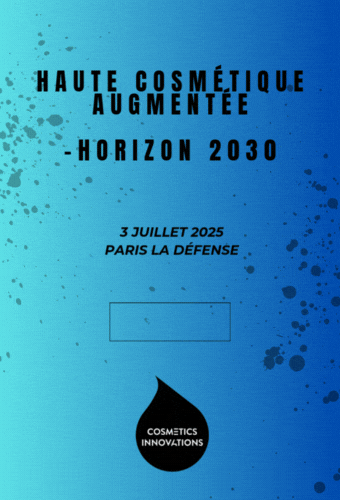
The Microbead-Free Waters Act of 2015 prohibits “the manufacture and introduction into interstate commerce of rinse-off cosmetics containing intentionally-added plastic microbeads."
The Bill (H.R. 1321) was co-sponsored by both Republican and Democrat congressmen and passed the U.S. House on December 7 and the Senate on December 18, 2015.
According to the law, the term “plastic microbeads” means “any solid plastic particle that is less than five millimetres in size and is intended to be used to exfoliate or cleanse the human body or any part thereof.” The text also includes toothpastes within the rinse-off cosmetic category concerned by the ban.
The new law will phase microbeads out of consumer products over the next few years, starting with a ban on manufacturing the beads beginning on the July 1, 2017, followed by the ban on sales on July 1, 2018. However, in the case of a rinse-off cosmetic that is also a non-prescription drug, the ban on manufacturing will begin on July 1, 2018, and the ban on sale on July 1, 2019.
The Personal Care Products Council applauded the new law “which creates a planned and pragmatic national phase-out process in the interest of both consumers and the industry.”
Legislations prohibiting microbeads particles in cosmetic products were already passed in several U.S. States. The new law “is aimed at the proliferation of conflicting state and local restrictions that create unnecessary disruption and confusion for both consumers and companies,” said Lezlee Westine, President and CEO of the Personal Care Products Council.
The persistence of plastic debris in the marine environment and waterways is an issue of increasing public debate. In Europe, Cosmetics Europe, the European personal care association has issued recommendation to discontinue their use in wash off cosmetic and personal care products as of 2020.



































